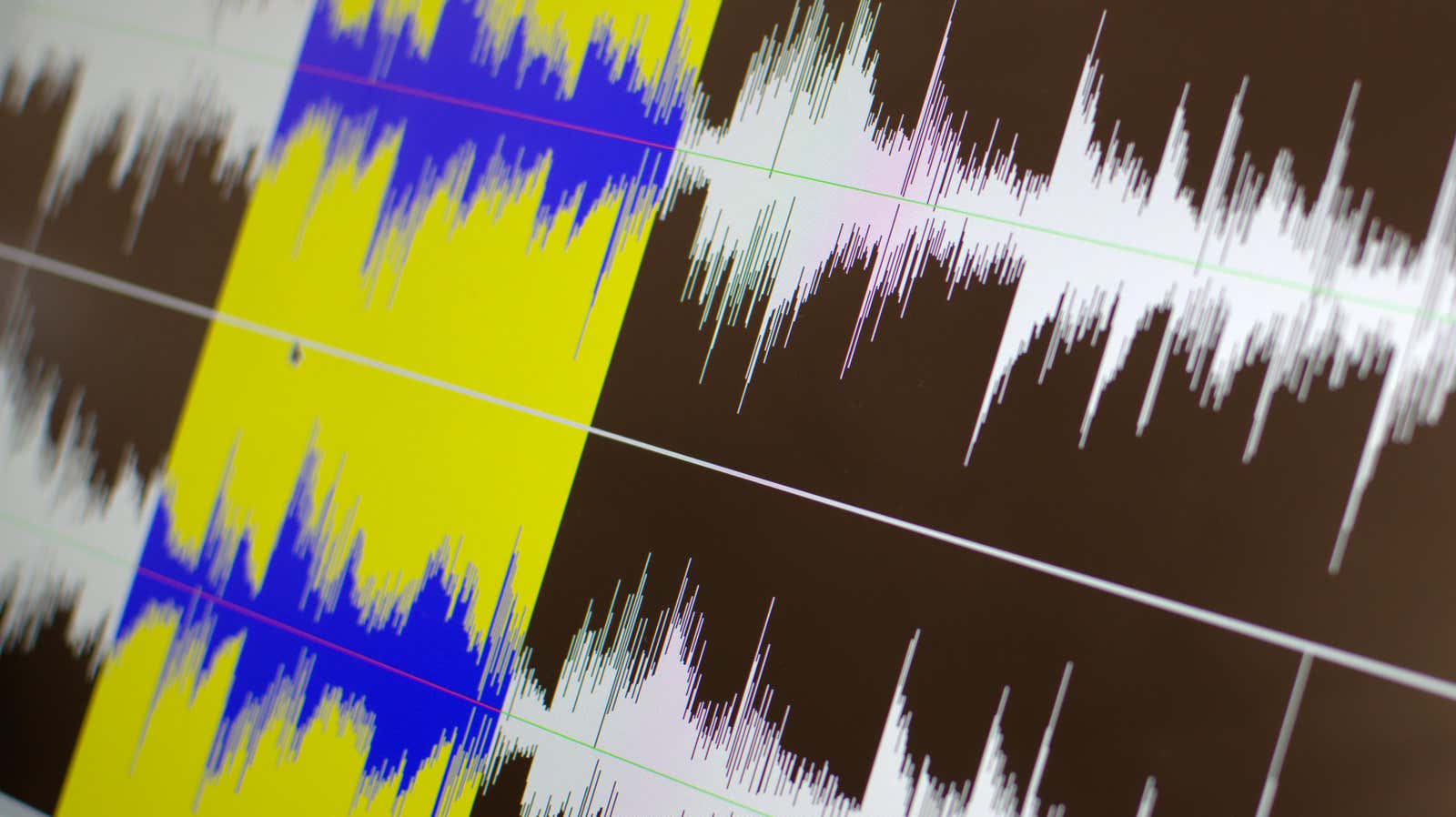Is Audacity Really Spyware?

Audacity is an open source audio editor popular with podcasters and musicians. Audacity was acquired by Muse in May 2021 and this is where the story begins.
July 2 Muse Group quietly updated its privacy policy Audacity, adding new conditions that have been copied directly from its own privacy policy Muse Group. The new privacy policy states that the app will collect limited personal information to improve the app, and notes that the company may share your personal information with law enforcement agencies and sell it to potential buyers.
According to FossPost:
The parent company is a multinational company and is trying to run a data collection mechanism in software. Although Audacity is nothing more than a desktop program, its developers want to make it call home using various data taken from users’ computers.
Audacity has no accounts or profiles, so it doesn’t know your name, email address, or other personal information. But it will collect things like your IP address, OS version, OS name, processor details, error codes and crash reports.
Under the Law and Order section, the policy reads: “Data Needed for Law Enforcement, Legal Proceedings, and Authority Requests (if any).” This is ambiguous and subject to interpretation. Real IP addresses are stored for one day and then hashed. But this may be enough for local governments to determine your location using a data request.
The data is stored in the European Economic Area, but personal data may sometimes be transferred to the group’s head office in Russia and to an external legal adviser in the United States. This means that the company will have to fulfill requests for data from both Russia and the United States.
Another important part is how Audacity explicitly states that minors under the age of 13 should not use the app because minors cannot agree to privacy policies in GDPR regions.
There is currently no evidence that Audacity transfers your personal information or the sound you use in Audacity to third parties or governments. But the very fact that Audacity has this new privacy policy (no opt-out) frustrates many users who feel that a standalone open source audio editor developed and maintained by volunteers should not collect user data.
If this is your position, it would be better to stop using Audacity or use an older version (new privacy policy takes effect with update 3.0). You can also try switching to another audio editor like Reaper or Dark Audacity (which is based on an older version of Audacity with a more modern interface).
[VIA: Fosspost ]